
Portugal is a favourite destination for many reasons. A mix of lifestyle, tax, and residency incentives has drawn retirees, digital nomads and families to Europe’s southwestern corner.
Stability, security and the fact that English is widely spoken in the Algarve have been key drivers – and, of course, the laid-back, friendly Portuguese welcome also plays a big part.
The British are now the third-largest group moving to Portugal after Brazilians and the French, according to AIMA, the migration agency.
Recent pronouncements by Spanish PM Pedro Sánchez about a proposed 100% tax for non-EU buyers have also played into Portugal’s favour.
Portugal is a small country – but where should you choose to buy?
Most people still opt for the Algarve, although other areas have become more appealing to those relocating for work, schools, or value for money. Here are a few key considerations when comparing regions.
Climate
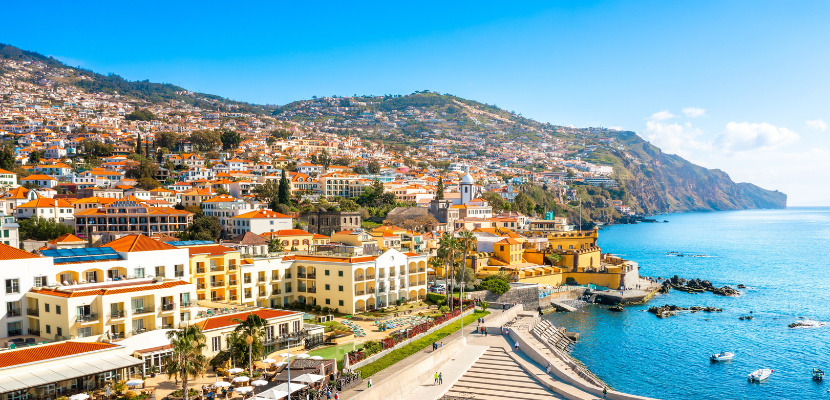
The Algarve became the popular summer holiday destination it is today largely thanks to its sunny climate. Do you want balmy days in the winter?
The north of Portugal is lush and appealing for many reasons, but you’ll experience lower temperatures and double the number of rainy days compared with Faro in January.
That said, maybe you enjoy cooler weather – and Algarve summers are getting hotter due to climate change. Alternatively, look to Madeira for pleasant temperatures year-round and winter sun within a short flight...
Seasonality
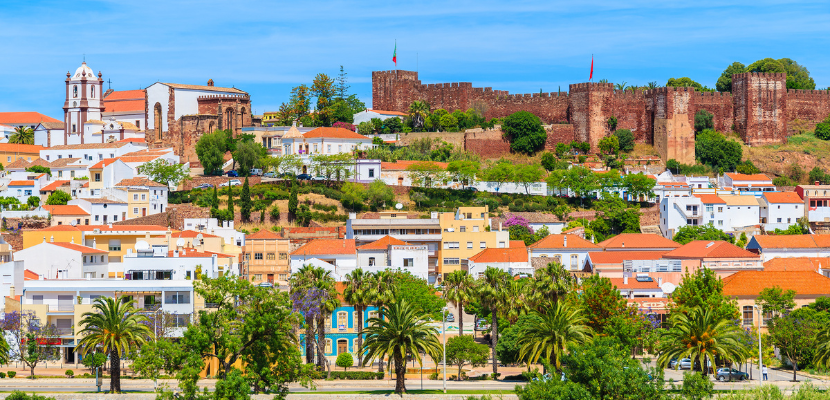
Many areas of the Algarve remain quite seasonal, although Lagos is a notable exception. The “Golden Triangle” is becoming less seasonal too, with hybrid workers and more families relocating there. If you want to rent out your property, seasonality will be even more key to research.
The Lisbon area is hard to beat for a year-round buzz, but beware that Comporta remains very summer-focused. The Silver Coast north of Lisbon includes towns and villages with more year-round appeal – and again, check out Madeira for winter sun (and vibrancy).
Authentic local feel vs expat hub
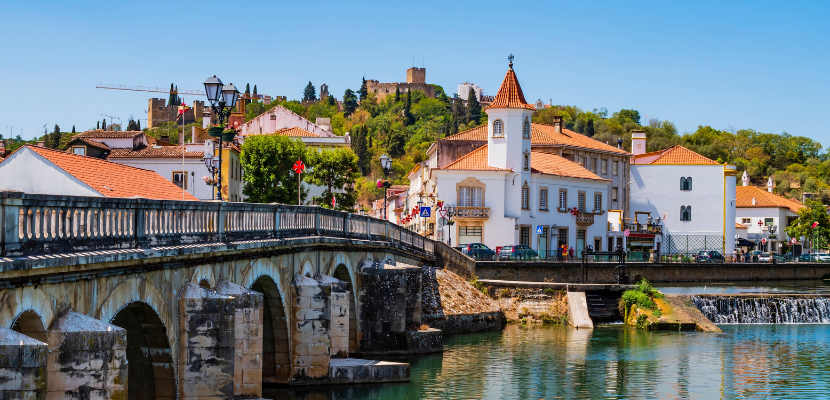
Do you want to get to grips with learning Portuguese – or to feel that you are surrounded by helpful Britons who will help you navigate the bureaucracy or provide an easy social life? One of the most appealing aspects of Portugal is that English is widely spoken in many places, but perhaps less so if you venture inland.
One pair of house hunters wanted to ‘go local’ and so headed to Tomar, in central Portugal, but were prepared for a language barrier and provide useful advice. On the other hand, there’s a vibrant expat community to be found in Lagos and other parts of the Algarve, as do some areas around Lisbon. That’s also where you'll find the best choice of international schools.
Culture & lifestyle
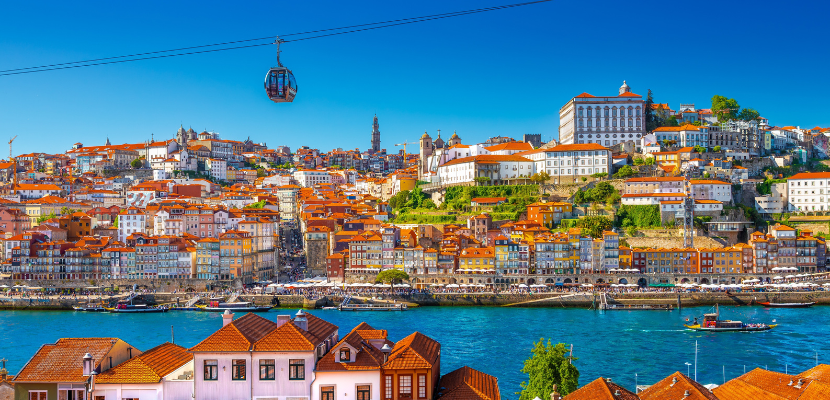
Linked to the above: would you enjoy having opera, theatre, art galleries or museums nearby? If so, Lisbon and its surroundings may be ideal. Porto offers a rich cultural scene too, although it has a different flavour.
The Algarve has its own traditions – think carnivals and festivals – but it can't match Lisbon or Porto for cultural depth. Some might say it’s “too quiet,” though if you’d rather play golf, the Algarve wins hands down with over 40 courses.
The eastern Algarve is a great option if you'd like the option of popping across the border into Spain every so often.
Access
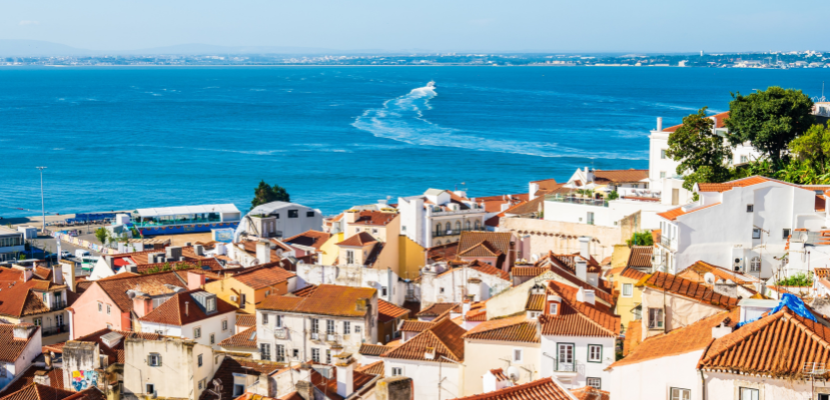
Lisbon is Portugal’s busiest airport by a country mile, but Porto and Faro are the other two big hitters. How much choice will you have from your local airport?
Portugal is a relatively small country, so access isn't often an issue – even in central areas, you can reach other cities quickly thanks to the high-speed rail network connecting Coimbra, Aveiro and Braga. There's also a train between Lagos and Faro (1.5 hours), and decent regional bus services if you don't plan to drive.
Budget
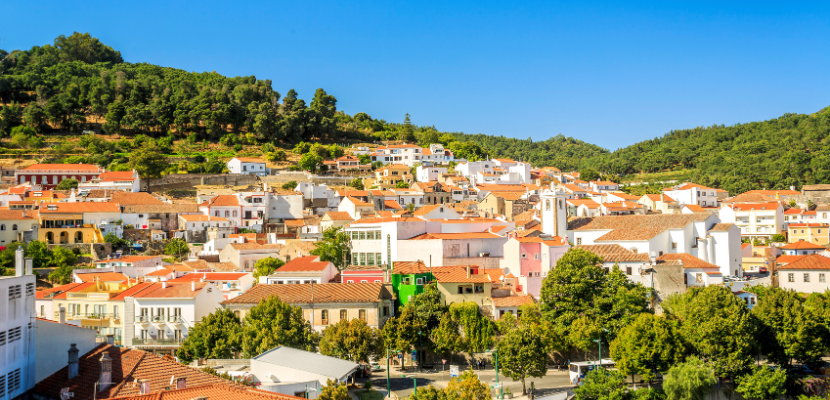
Of course, how much you want to spend is also part of the equation.
Unfortunately, the popularity of Portugal has meant that prices in Lisbon and the Algarve have increased strongly in recent years. No longer is it easy to find an apartment for €200,000 on the Eastern Algarve (long seen as the more affordable end of that coastline). Coimbra and Aveiro have also gained popularity for their relative affordability.
Property prices on the Algarve have reached around €3,500 per sq. m in 2025, having increased by 9-13% in a year – but Monchique is one of the places below that average. The Silver Coast is often half the price of prime areas in the Algarve or Lisbon.
Of course you can usually get more value by going inland, and even more so if you veer off the beaten track, or by choosing a restoration project.
Ready to find your perfect Portuguese home?
Search for properties in Portugal or explore our Buying Guide to Portugal for expert advice.